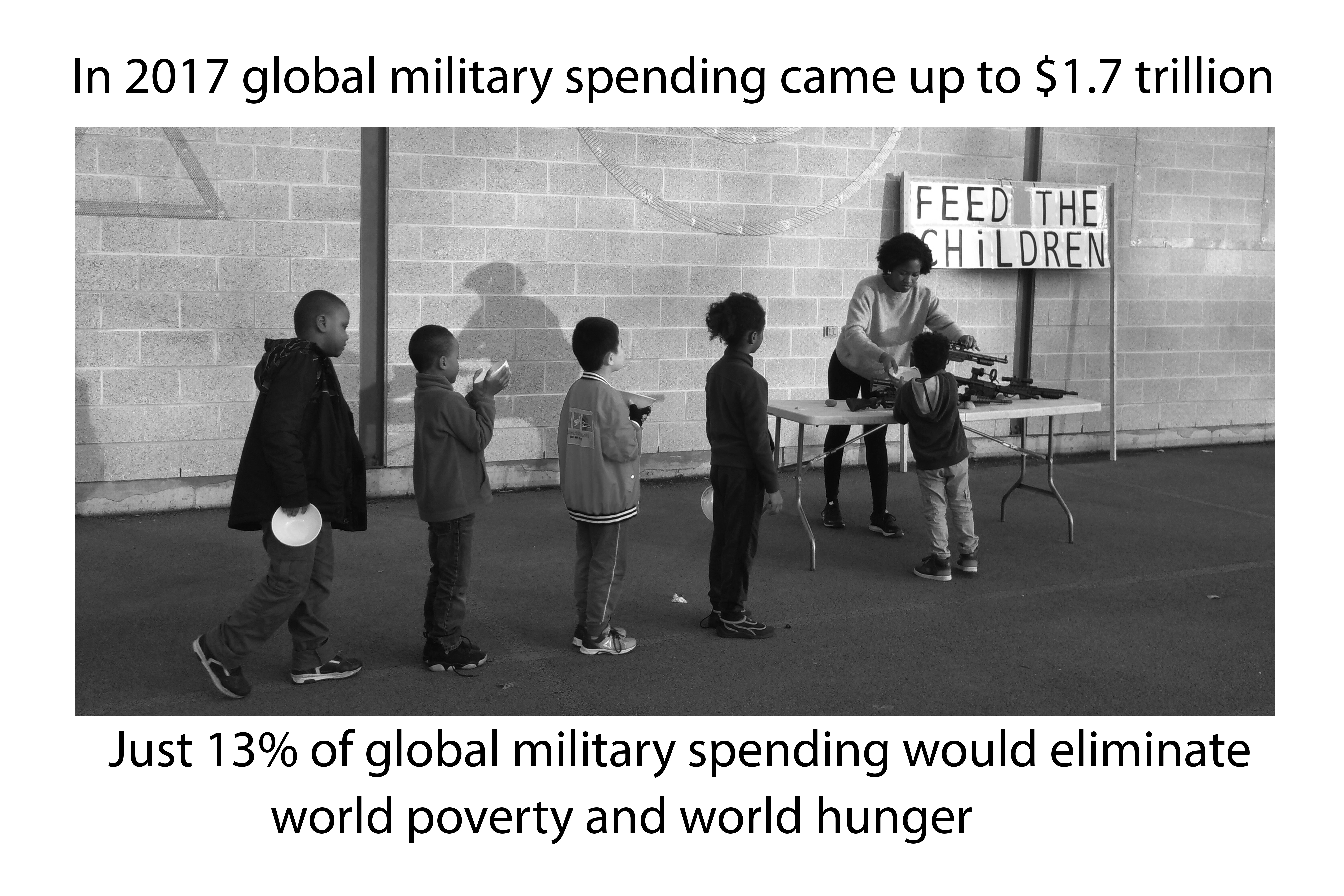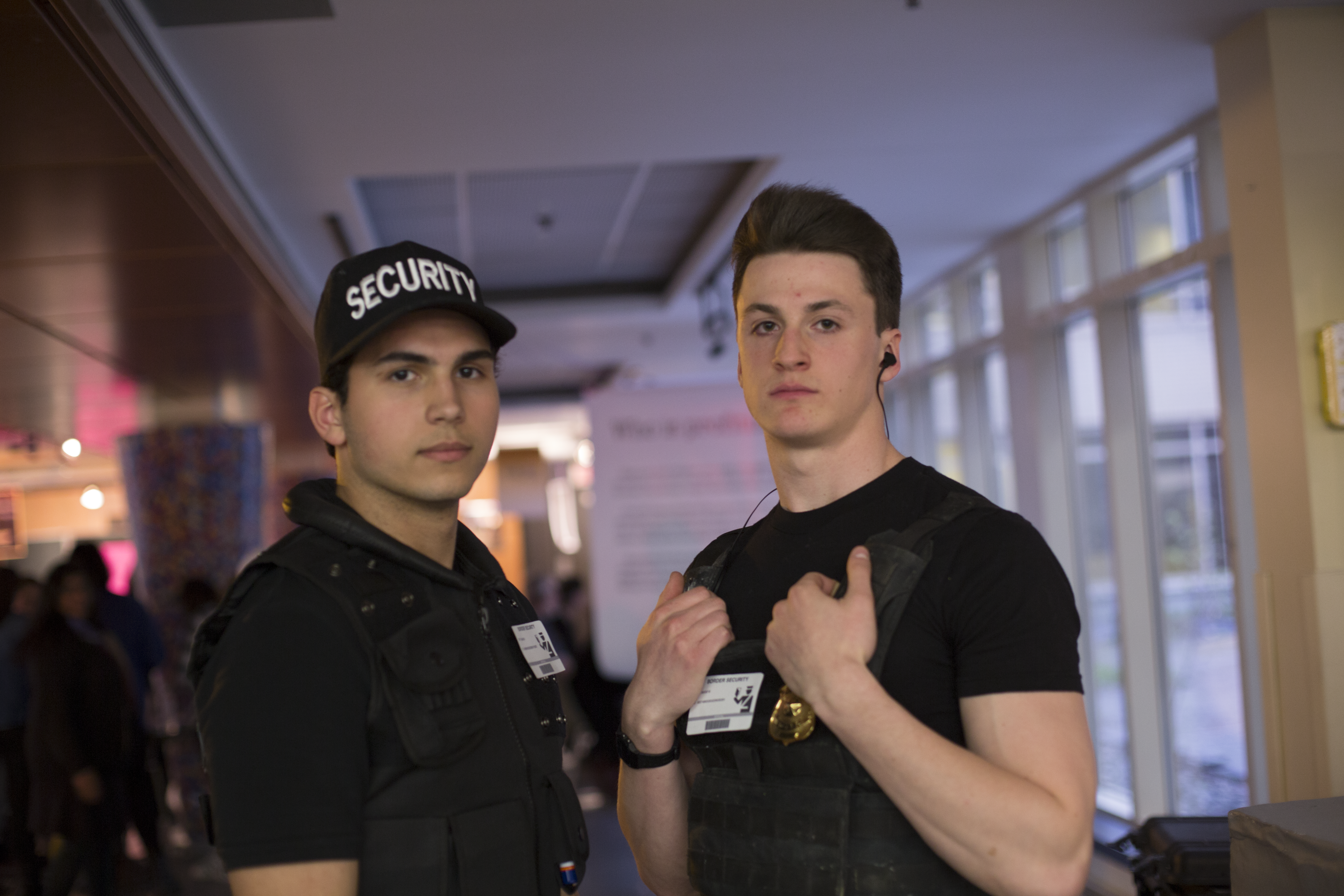

A Starting Point
The Black Live Matter Movement’s call for the “defunding of police forces” opens up a vital conversation, but the use of the term “defunding” seems a curious choice. It is inherently unclear, setting the stage for unnecessary arguments to develop between potential allies, while suggesting that the problem is only about the excessive financing of police forces, rather than the increased acceptance of an overly militarized policing culture, the use of tactics and weapons once reserved for war zones, and tendency to view citizens in marginalized communities as enemies to be subdued. While the term “militarization” is not uncommon in discussions about excessive police violence, rarely is it used in a way that reveals the larger picture.
The terms “militarization” and “de-militarization,” while very useful, are certainly provocative as they are pointing out a reality so normalized that it typically remains unnoticed. The words shift our attention from specific issues towards a deeper problem, one that subtly shapes our ideas, values, and practices, and as such ties us all in potential webs of complicity. The terms are also inherently dynamic, suggesting that our societies have choices to make, while calling upon each of us to reflect on our own willingness to de-militarize our ideas, values and practices.
Any exploration of militarization though must be broad if it is to give us a real understanding of the complex processes at play. We can begin with our current levels of military spending, which globally in 2019 exceeded 1.9 trillion dollars, our increasing propensity for militarized borders, coercive policing and mass incarceration. But we also need to delve deeper into the ways in which these realities are legitimized, which necessarily leads us to reflect on many of our social institutions, including our news media, entertainment and sports cultures, as well as widely-held ideas on human nature, gender, violence, and punishment-based systems of justice.
For the Classroom:
web-based resources for the classroom
key academic sources
Featured projects
Student work that addresses militarization

Soledad Blanchet questions where global spending is going in her piece “Feed the Children”
Performance artists Matthew and Nick required a dehumanizing, invasive questionnaire for participants in an attempt to spread awareness about the border control protocol. The exhibit “Borders” engaged students in the research of border guard training and asylum seeking.

Anthony Bourgeois uses Hollywoood and images from popular culture to trace the origins of a masculine identity that thrives in violence and anger.
Share assignments, handouts, stories
Archive
Our archive of student work may help fill your classroom with critical thoughts about nonviolent action. We encourage you to consult it.
NEWS
Consult our blog for more information regarding current publications, events and community of practice updates.
Modules
Our module homepage can provide a foundation for navigating through our resources and ideas for the classroom.
Contact Us
Please feel free to contact us and we will respond in a timely manner.
Foundational Resources
We've compiled a few key resources that can help you explore some concepts related to violence and nonviolence.